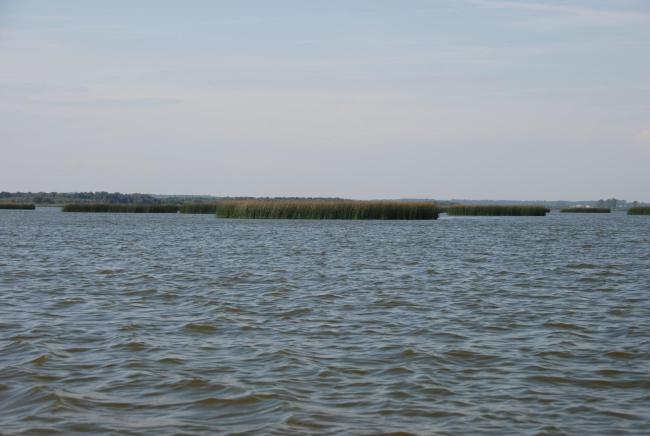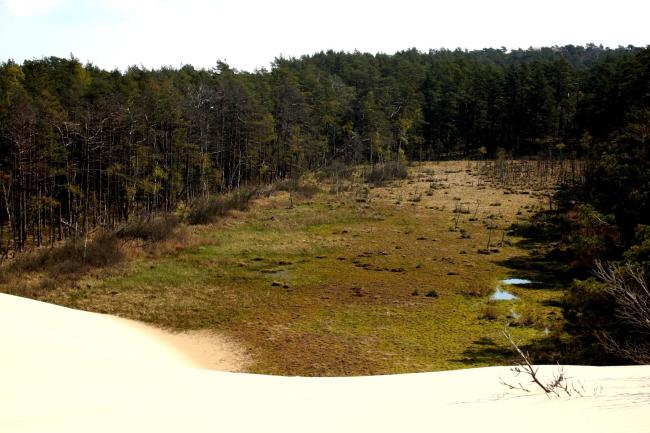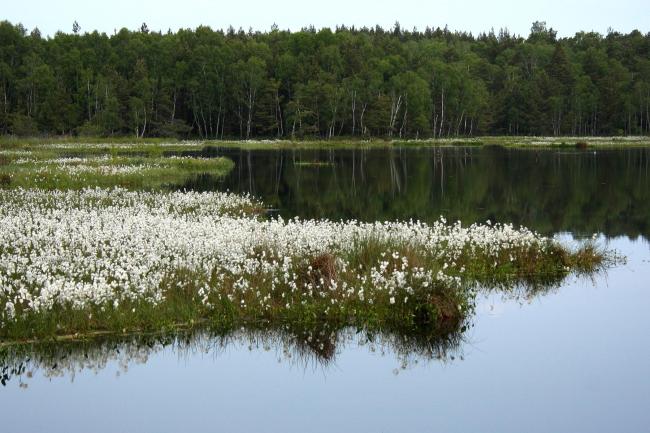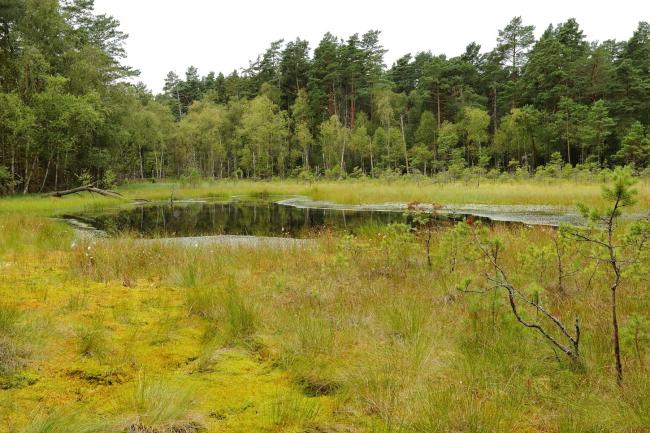Słowiński National Park
Słowiński National Park
- Country:
- Poland
- Site number:
- 757
- Area:
- 32,744.0 ha
- Designation date:
- 24-10-1995
- Coordinates:
- 54°42'51"N 17°18'25"E
Carousel
CarouselMaterials presented on this website, particularly maps and territorial information, are as-is and as-available based on available data and do not imply the expression of any opinion whatsoever on the part of the Secretariat of the Ramsar Convention concerning the legal status of any country, territory, city or area, or of its authorities, or concerning the delimitation of its frontiers or boundaries.
The Słowiński National Park covers a 33-kilometre stretch of the Baltic coast near the town of Łeba, and includes a two-mile-wide belt of shallow coastal waters. The Site boasts a wide range of strikingly diverse habitats ranging from sand beaches, notable “moving dunes”, lakes, mires, meadows and forests, and these and the transitional “ecotones” between them support a wealth of biodiversity. Within the Site there are at least 25 bird species listed in Annex 1 of the European Union Birds Directive, of which 15 are listed in the Polish national red list, including Aegolius funereus, Asio flammeus, Botaurus stellaris and Philomachus pugnax. During winter the unfrozen mouths of the Łeba and Łupawa rivers provide favourable conditions for 73 wintering bird species, and during spring and autumn the lakes become very important foraging and resting sites for waterbird species. The Site is visited annually by about 500,000 visitors who use the marked trails, viewing towers and educational trails to observe these rare animals and plants in their natural habitats. At the same time, the high number of tourists results in dune trampling, habitat destruction and disturbance of breeding birds. Falling water levels, lake eutrophication and the presence of invasive species also present threats to the Site. The Słowiński National Park Organization, the management authority of the area, is implementing a management plan.
- UNESCO Biosphere Reserve
- National Park - Słowiński National Park
- EU Natura 2000
- PL757RIS_1901_en.pdf
- PL757RISformer_170710.pdf
- PL757_map180928.png





















